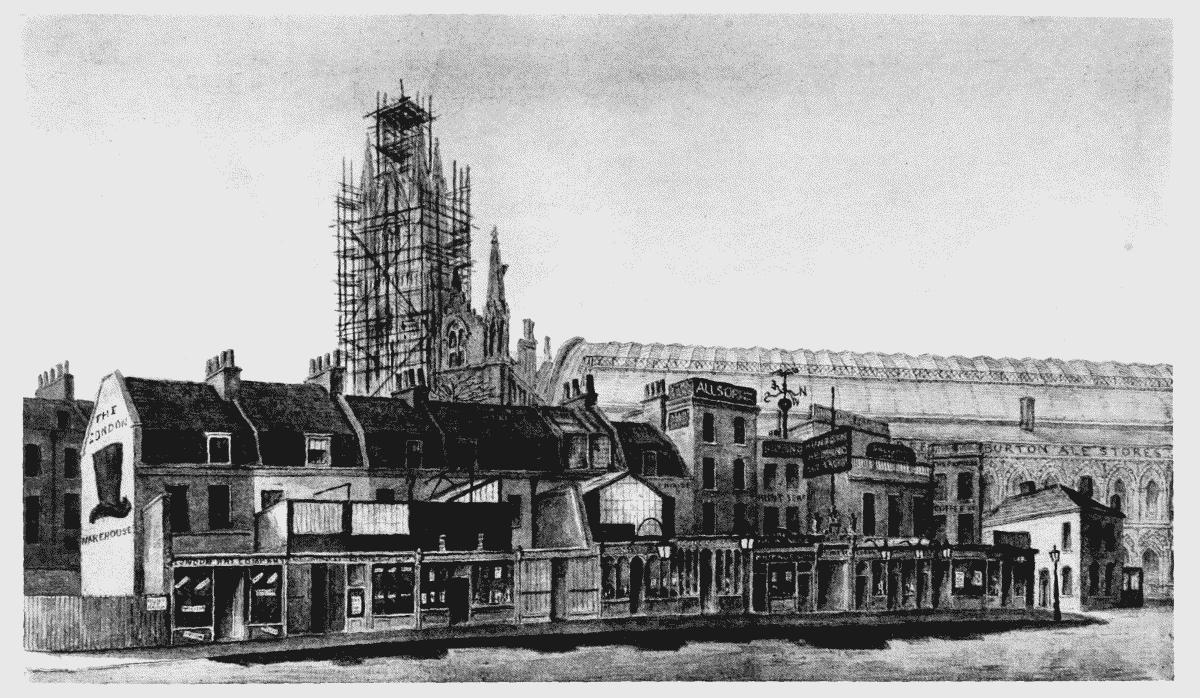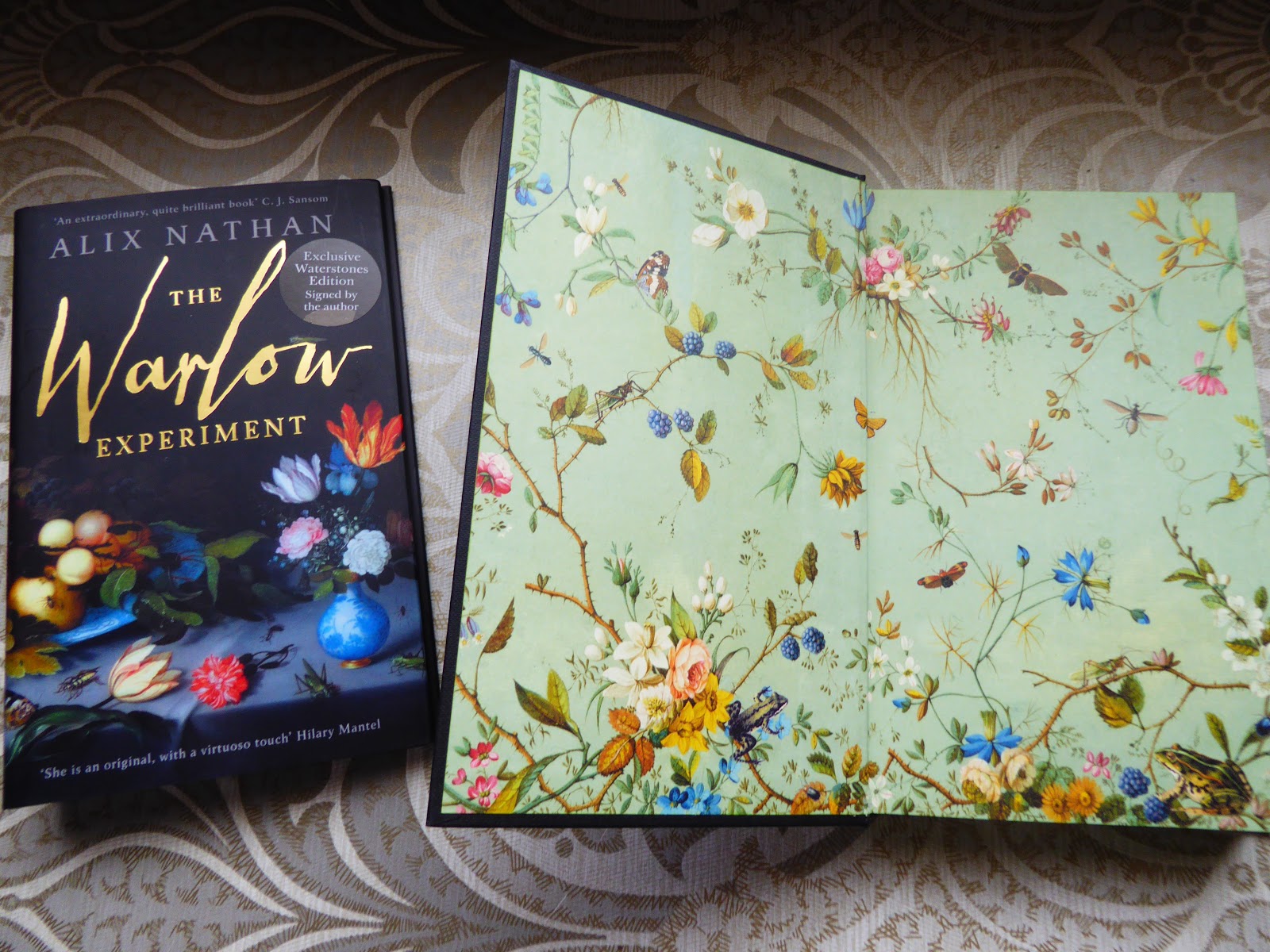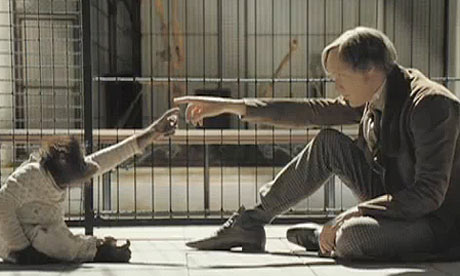Through the use of alternating chapters between Lizzie and Ross, we are drip-fed information about the developments and social mores of the times, ranging from scientific progress to insights into the working of and attitudes to the police force, and personal relationships.
London is changing and the era is
one of rapid development: the capitalist society dictates the rich will get
richer while the poor are further oppressed. Mr Fletcher runs the construction
company which is building the station on the grounds of the housing Mrs Parry
sold to the railway for development. He doesn’t want the police involved on his
worksite, because people are fascinated when a body is found. Mrs Parry is
equally uncomfortable. “No one wants to be known as a slum landlord and after
Madeleine’s body was found there, she liked even less the idea that people
would associate her with the place.”
 |
| St Pancras Station in the course of building (1871) |
Morals and attitudes to women are
also questioned. The supposedly religious and upstanding Dr Tibbett expresses
his conservative reactionary views to Lizzie in a manner that demonstrates the
constraints within which she must work. “I am sorry to say I find increasingly
that there is a type of modern young woman who fancies she may speak as freely
as a man. I am an old-fashioned fellow who believes that woman is the greatest
ornament to her sex when she realises the boundaries Nature has set for her.” He,
and others, blame female victims when they are exploited and abused. “We did
not know the circumstances of Madeleine’s death. Whatever Tibbett had to say it
would amount to declaring that it was all her own fault.”
This is a world in which class
distinctions are rife and supremely hierarchical. Inspector Ross comes from
mining stock and has risen through the ranks; his superiors dislike him because
he is working class. He notes that the social strata extends to the upstairs/
downstairs milieu of the masters and servants. “I reflected that below stairs
there existed a world which, in true Darwinian fashion, had evolved quite
differently to society above. Had the great naturalist set himself to study it,
he might have found as much of interest there as he had in Terra del Fuego.” Although
this is the first in the series about Benjamin Ross and Elizabeth Martin, it is
evident that there will be more, and that Lizzie and Ben will end up together;
they are both honest and self-aware with a strong moral backbone.




 He questions the rational of a vindictive divinity. Thousands die that only a few may live – what sort of a plan is that? Innes can only answer, “It is not my duty to speculate on the will of God.” Just as there are no atheists in the trenches, Darwin postpones publishing because, although he has proved the triumph of science, he is still afraid to risk his mortal soul. When his daughter’s life hangs in the balance (it is to be supposed that she died from scarlet fever), he is prepared to bargain with God; if you let my child live...
He questions the rational of a vindictive divinity. Thousands die that only a few may live – what sort of a plan is that? Innes can only answer, “It is not my duty to speculate on the will of God.” Just as there are no atheists in the trenches, Darwin postpones publishing because, although he has proved the triumph of science, he is still afraid to risk his mortal soul. When his daughter’s life hangs in the balance (it is to be supposed that she died from scarlet fever), he is prepared to bargain with God; if you let my child live...

 Great cinematography abounds from the opening credits (cells; sperm; fish; birds; butterflies; wildebeest) to the sped-up cycle of life and the seasonal changes depicting passage of time. The English countryside is stunning with its woodland mammals and rock pool inhabitants. Nature is instructive and it is also a battlefield. In a scene straight out of a BBC documentary, a fox catches a rabbit much to the dismay of the youngest Darwin girl. The moral is left to Annie to explain, “The fox has to eat the rabbit or its babies will die – that’s the balance of things.”
Great cinematography abounds from the opening credits (cells; sperm; fish; birds; butterflies; wildebeest) to the sped-up cycle of life and the seasonal changes depicting passage of time. The English countryside is stunning with its woodland mammals and rock pool inhabitants. Nature is instructive and it is also a battlefield. In a scene straight out of a BBC documentary, a fox catches a rabbit much to the dismay of the youngest Darwin girl. The moral is left to Annie to explain, “The fox has to eat the rabbit or its babies will die – that’s the balance of things.”
